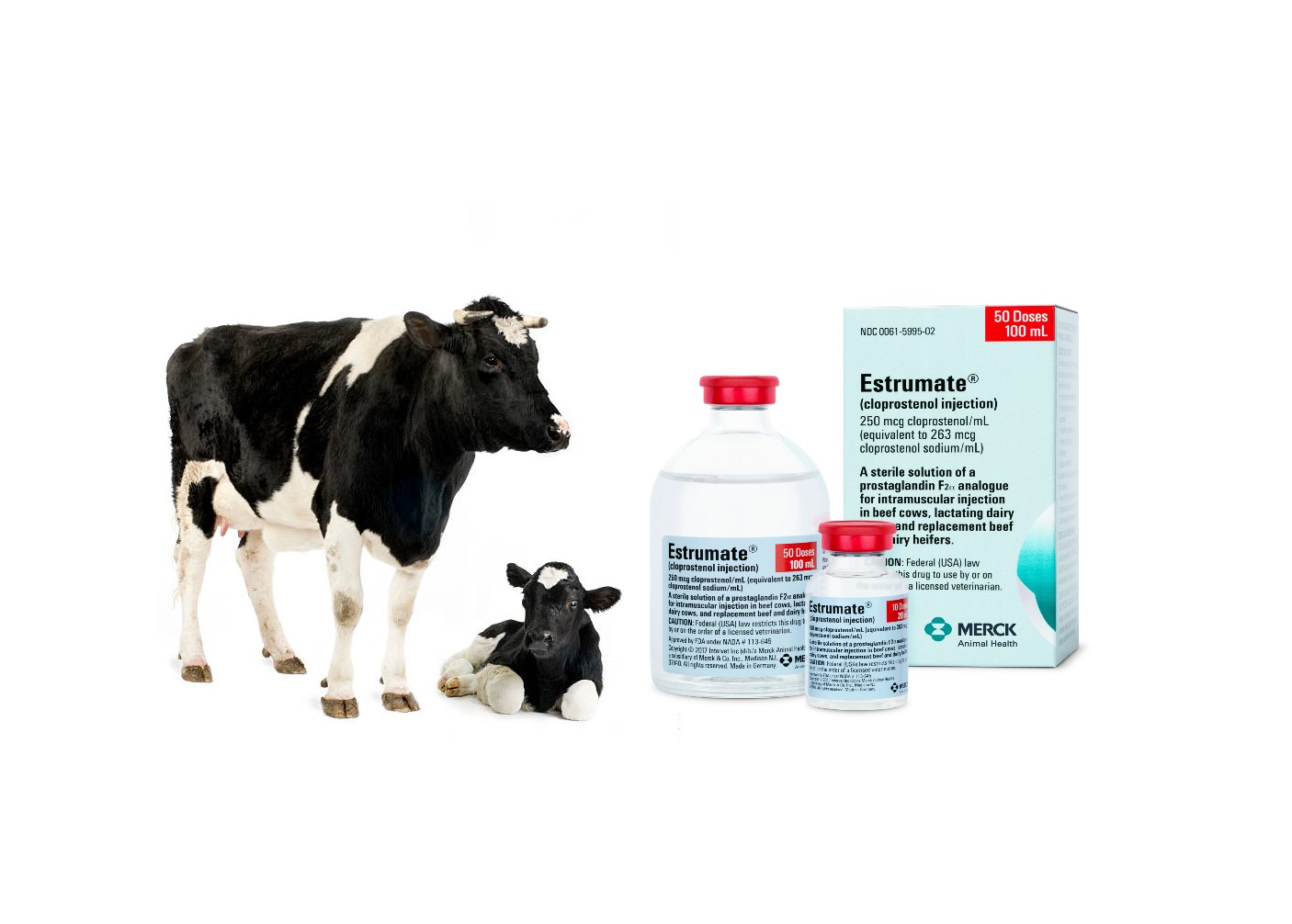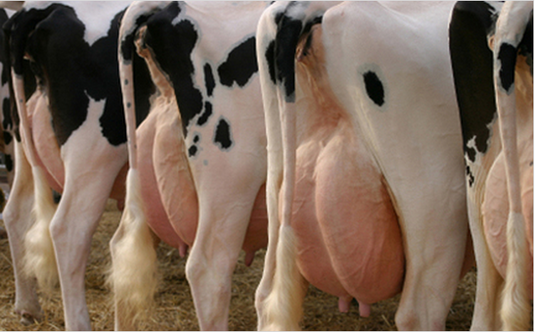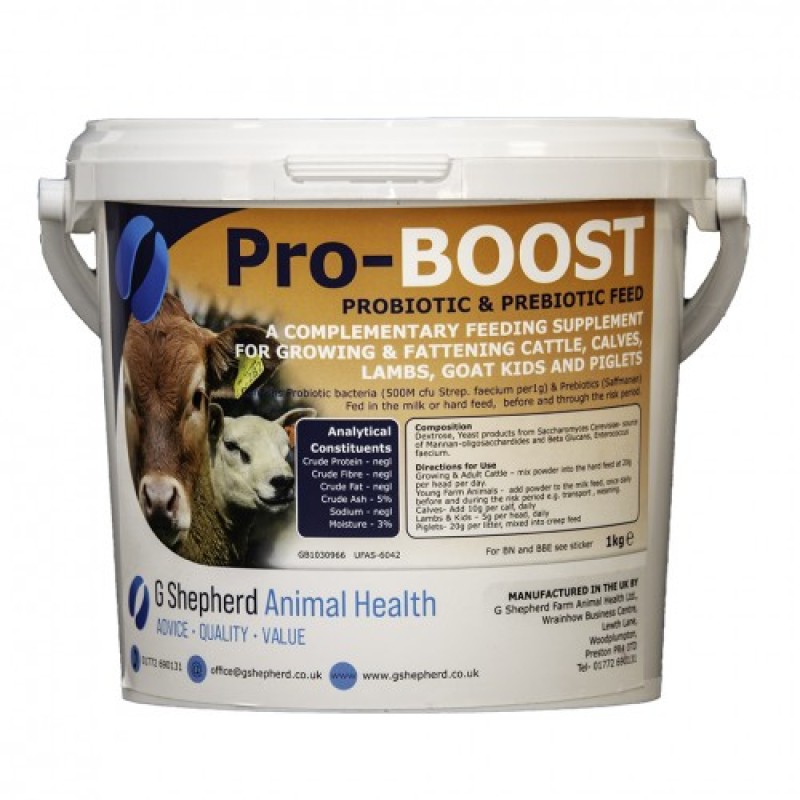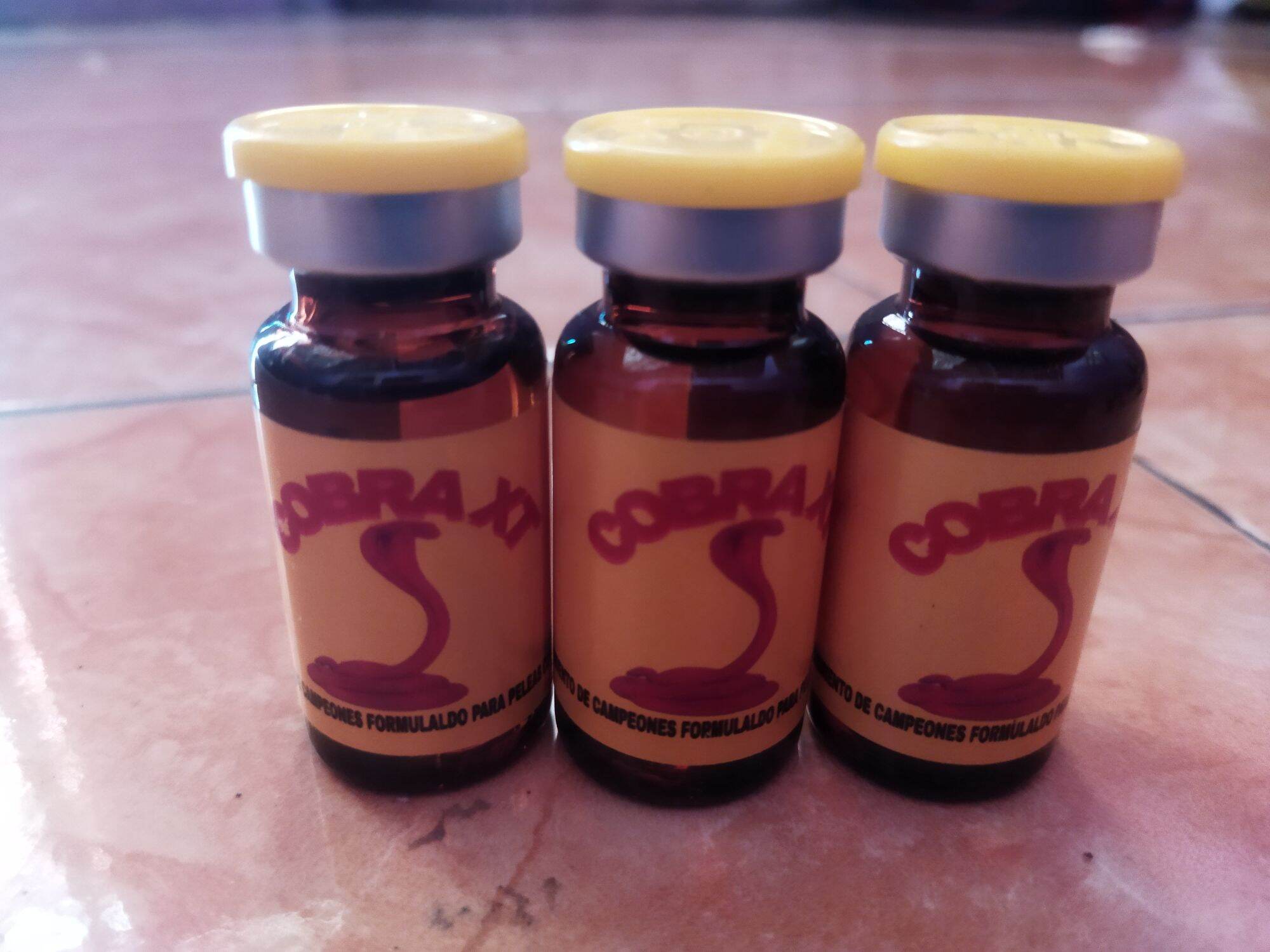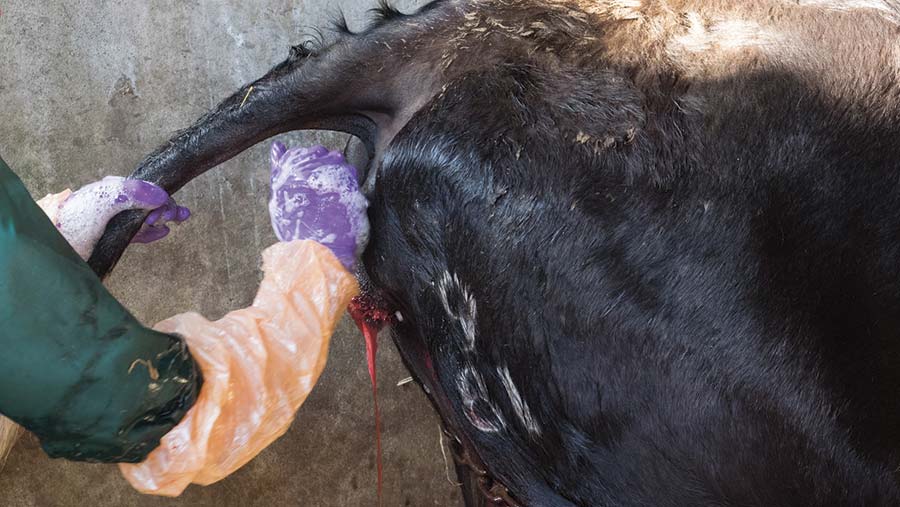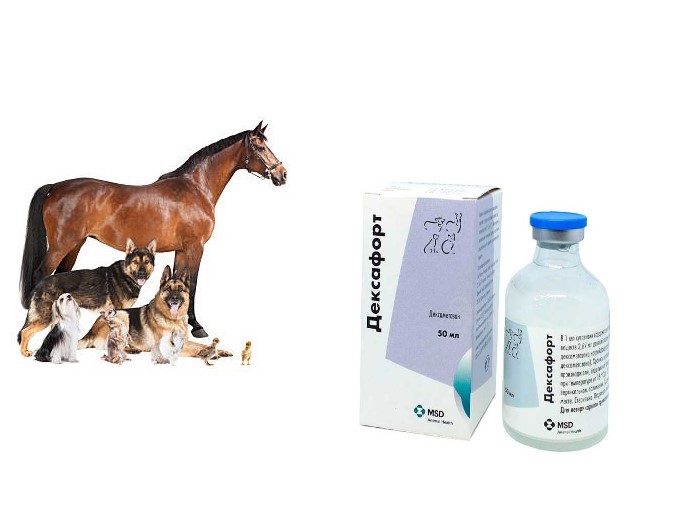Are you searching for high-quality Dexafort 50ml injection for sale online in Kazakhstan? This comprehensive guide covers everything you need to know about Dexafort, its uses, benefits, purchasing tips, and how to ensure safe transactions. Read on to make informed decisions and find trusted sources for your veterinary and medical needs.
What is Dexafort 50ml Injection?
Dexafort injection is a potent corticosteroid medication widely used in veterinary medicine. It contains dexamethasone, a powerful anti-inflammatory and immunosuppressant agent. The 50ml injection form provides a convenient and effective way for veterinarians and qualified professionals to administer treatment to animals.
Key Components and Composition
- Active Ingredient: Dexamethasone (a synthetic glucocorticoid)
- Concentration: Typically 2 mg/ml or as specified
- Volume: 50ml per bottle
Primary Uses of Dexafort
- Managing inflammatory conditions
- Treating allergic reactions
- Suppressing immune responses post-surgery
- Managing certain endocrine disorders
- Controlling pain and swelling in livestock and pets
Why Choose Dexafort 50ml Injection?
Benefits of Dexafort
- Rapid onset of action
- Long-lasting effects
- Versatility in treating multiple conditions
- Widely trusted by veterinarians worldwide
Why Buy Online in Kazakhstan?
- Convenience and privacy
- Access to competitive prices
- Wide selection of trusted vendors
- Availability of genuine products
Where to Find Dexafort 50ml Injection for Sale Online in Kazakhstan
Trusted Online Pharmacies and Veterinary Suppliers
When purchasing Dexafort online, it’s crucial to ensure you’re buying from reputable sources to avoid counterfeit products. Look for verified vendors that:
- Provide clear product descriptions
- Have positive customer reviews
- Offer secure payment options
- Provide proper certification and licensing
Popular Online Platforms in Kazakhstan
- ExampleVet.kz — A trusted veterinary supplier
- KazPetPharma.kz — Known for genuine veterinary medicines
- International platforms that ship to Kazakhstan (verify legality and authenticity)
Legal and Safety Considerations
Regulatory Aspects
- Ensure the product complies with Kazakhstan’s veterinary medicine regulations
- Use only licensed products prescribed by a licensed veterinarian
- Be aware of import restrictions and customs procedures
Safety Tips for Buyers
- Avoid extremely low prices that may indicate counterfeit products
- Verify seller credentials and reviews
- Request certificates of authenticity
- Do not share personal or payment information insecurely
How to Use Dexafort 50ml Injection Safely
Dosage and Administration
Buy Dexafort Injection Online Kazakhstan. Always follow the veterinarian’s instructions. Typical dosages vary based on animal species, weight, and condition.
Potential Side Effects
- Increased appetite
- Fluid retention
- Suppression of natural cortisol production
- Gastrointestinal disturbances
Precautions
- Not suitable for animals with systemic infections
- Use with caution in pregnant or lactating animals
- Monitor for adverse effects during treatment
Cost and Pricing in Kazakhstan
Pricing can vary depending on the supplier, quantity, and authenticity. Generally, a 50ml bottle of Dexafort may range from X to Y Tenge.
Factors Affecting Price
- Brand reputation
- Source country
- Bulk purchase discounts
- Shipping and handling fees
How to Identify Genuine Dexafort Products
Packaging and Labeling
- Clear labeling with manufacturer details
- Proper batch number and expiry date
- Sealed tamper-proof packaging
Seller Credibility
- Verified licenses
- Customer feedback
- Transparent return policies
FAQs About Dexafort 50ml Injection in Kazakhstan
Q1: Is Dexafort safe for all animals?
A: No. It should only be used under veterinary supervision, considering species-specific responses and health conditions.
Q2: Can I buy Dexafort online without a prescription?
A: It’s recommended to have a veterinarian’s prescription to ensure safe and appropriate use.
Q3: How long does it take for Dexafort to work?
A: Effects are typically seen within a few hours, but this varies with the condition and administration route.
Final Thoughts: Making a Safe Purchase in Kazakhstan
Buying Dexafort 50ml injection online in Kazakhstan can be convenient and cost-effective when done responsibly. Always prioritize safety by purchasing from reputable vendors, verifying authenticity, and consulting a veterinarian before use.
Conclusion
Whether you’re a veterinarian, livestock farmer, or pet owner, understanding the importance of safe sourcing and proper usage of Dexafort 50ml injection is vital. By following the guidelines outlined above, you can confidently find quality products online in Kazakhstan, ensuring the health and well-being of your animals.
Disclaimer: This article Buy Dexafort Injection Online Kazakhstan is for informational purposes only. Always consult a licensed veterinarian before administering any medication.

